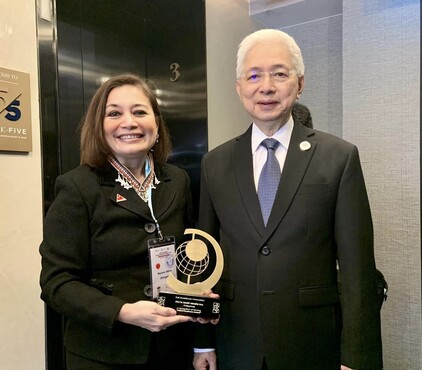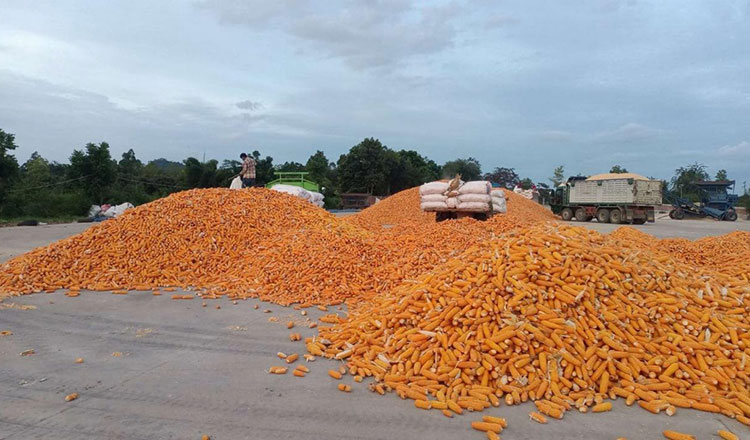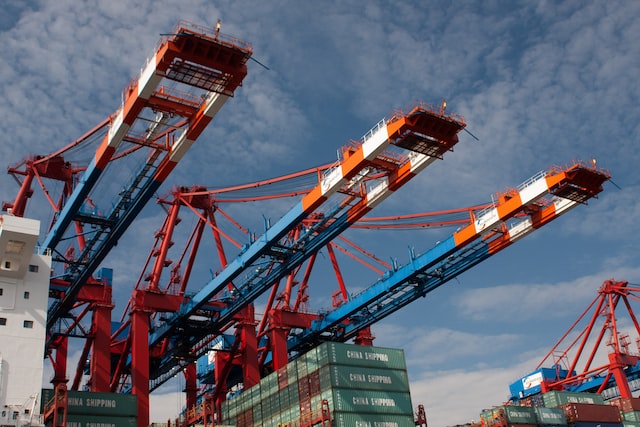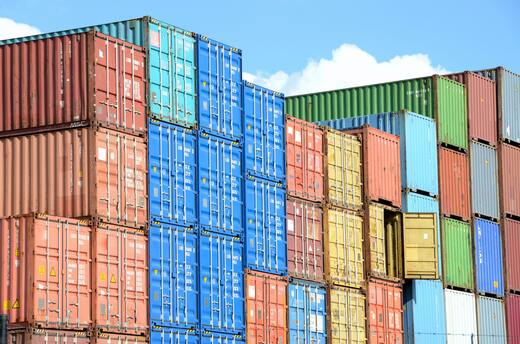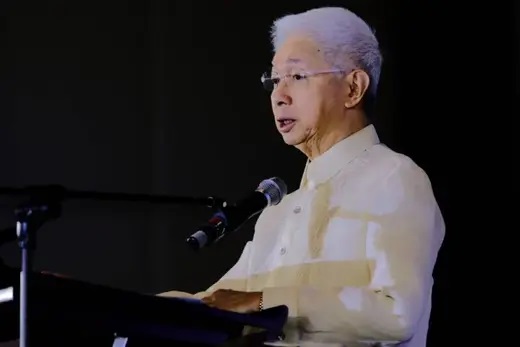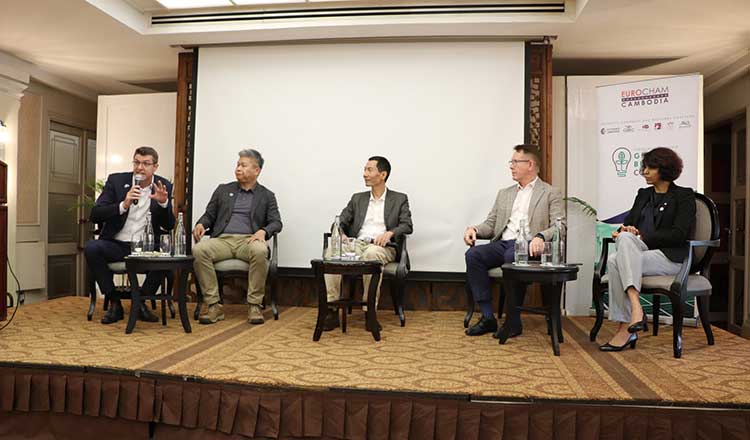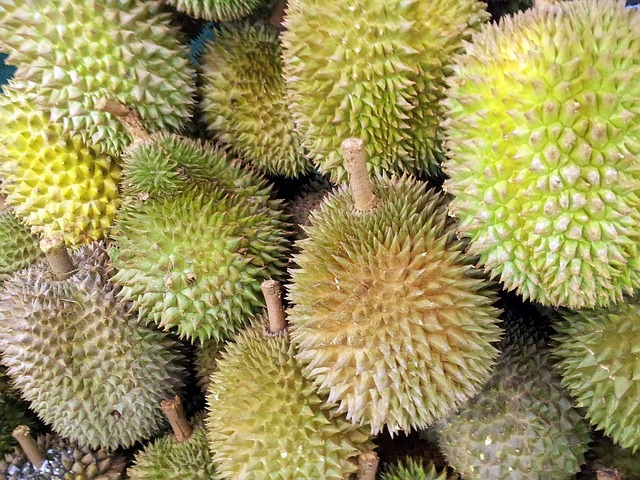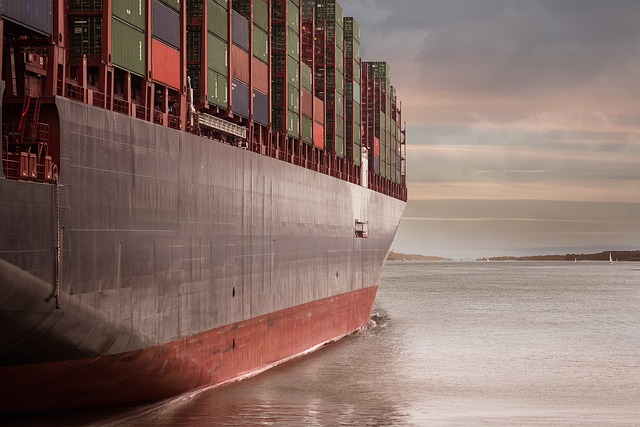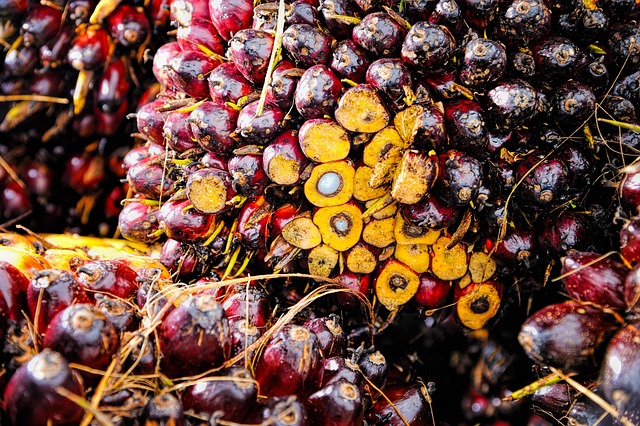KUALA LUMPUR (Nov 29): The annual Taiwan Expo in Malaysia is the best platform to showcase Taiwan’s world-class smart industries, cultural tourism and technical talent, Taiwan Bureau of Foreign Trade director-general Cynthia Kiang said.
She said the bureau will continue to set up a variety of Taiwanese industry image galleries and special areas based on Malaysia’s government policies and industrial development needs.
The 2022 Taiwan Trade Mission aims to cooperate with Malaysia in various industries such as information and communication, 5G, Artificial Intelligence of Things (AIoT), medical care and green technology.
The Taiwan Bureau of Foreign Trade will encourage the application upgrade of smart cities, smart manufacturing, a low-carbon economy and smart medical care.
It will also harmonise with major emerging global economic trends such as supply chain restructuring, energy saving and carbon reduction.
“We will also conduct two-way exchanges with Malaysia in the fields of tourism and talent education to better understand each other. This will foster cooperation and be mutually beneficial for creating new value,” she said.
Despite the raging pandemic over the past two years, bilateral trade between Taiwan and Malaysia continued to register impressive growth in 2021.
Taiwan served as Malaysia’s fifth largest trading partner, and Malaysia was Taiwan’s seventh largest.
With regard to investment, Taiwan is also Malaysia’s eighth largest source of foreign direct investment.
Business cooperation between Malaysia and Taiwan
The Taiwan Trade Mission to Malaysia has concluded a one-on-one business meeting in Kuala Lumpur on Tuesday (Nov 29). Kuala Lumpur is the first stop for the trade mission.
Kiang said that to assist its enterprises to grow business and get new orders, it plans to arrange visits to local associations and well-known companies based on the products and services offered by its enterprises.
“Such visits will also enable us to gain insights into Malaysia’s industrial development, current trends and economic trade overview. These will help us prepare for the future layout in the markets that are part of our New Southbound Policy,” she said.
She pointed out that the expertise Taiwanese companies bring to the table coincides with the industrial development direction outlined in the 12th Malaysia Plan.
For example, there are currently 22 halal industrial parks in Malaysia, and the country is the world’s largest halal industry hub.
Since most halal food products need to be stored in halal-certified cold chain warehouses throughout the logistic process, Taiwan’s expertise in cold chain solutions and innovative technology that combines software and hardware systems makes Taiwan the perfect partner to complement Malaysia’s needs.
Cooperation to benefit the people on both sides
Integrated circuits are a major import and export item for both Taiwan and Malaysia.
So the electronics and electrical machinery industry is a key development field with multitudinous opportunities for industrial cooperation, Kiang said.
Given that Malaysia is rich in natural resources, Taiwan also imports a large amount of oil and natural gas-related raw materials from Malaysia and then exports processed finished products.
She said the two countries are deeply complementary in trade and industry and have a close cooperative relationship.
Despite the pandemic, broken supply chains and high inflation, Malaysia’s economic growth has remained above 5%, much higher than the global average growth rate of 2.9%.
Malaysia’s digital technology competitiveness ranks second among Asean countries, making Malaysia the preferred partner of Taiwanese companies for strategic investment.
Furthermore, she said from the perspective of talent, the proportion of Mandarin speakers in Malaysia is relatively high.
“This reduces the language barrier whether you focus on the Malaysian market, use Malaysia as your base or target the Asean market,” she said.
In addition, there are a large number of Taiwanese students studying in Malaysia, and there are more than 30,000 Malaysian graduates who have stayed in Taiwan for employment.
As Malaysia has among the best medical resources in Asean, it is beneficial to cooperate in the form of a “strong alliance” in international cooperation, she said.
Prospect for Taiwan-Malaysia
Looking forward to 2023, Kiang highlighted how the annual Taiwan Expo in Malaysia has continued to help Taiwan industries make inroads into Malaysia in accordance with Malaysia’s policies and industrial development needs.
She is also upbeat about the prospect of working with Malaysia in the information and communication technology area, 5G, AIoT, medical technology, green technology and other areas in the bid to push the frontier of smart cities, smart manufacturing, low-carbon economy, smart medical care and other advanced technologies.
Grasping major world economic trends such as supply chain restructuring, energy conservation and carbon reduction are keys to maintaining a nation’s advantages, and Malaysia and Taiwan should synergise on their respective advantages, she added.
In addition, bilateral exchanges between Malaysia and Taiwan in tourism, culture, and education will deepen understanding, improve cooperation and create new values, she said.
The trade mission comprises 21 Taiwan companies in the smart industry, cold chain logistics, and smart transportation technologies. Smart industry encompasses smart manufacturing, smart machinery, Industry 4.0, smart agriculture, smart home, smart medical, smart cities and other smart industry applications.
She said besides Malaysia, the delegation will also go to Thailand and Vietnam between Nov 27 and Dec 7.
“We foresee that the 21 Taiwan companies will attract over 250 local buyers and have more than 500 business-to-business meetings. We estimate the value of the business generated could reach US$10 million,” she added.
Source :
The Edge Market

